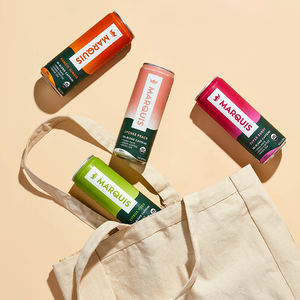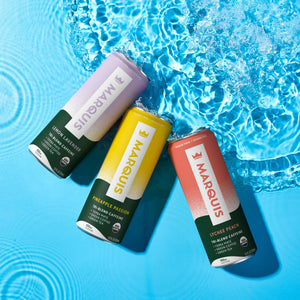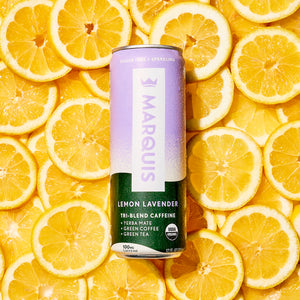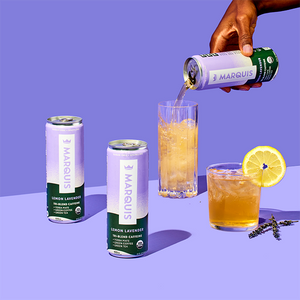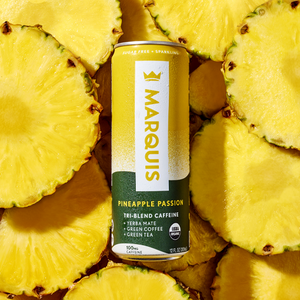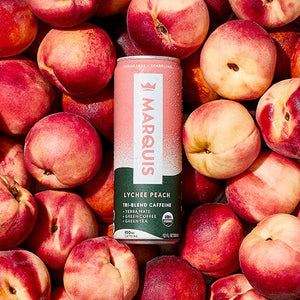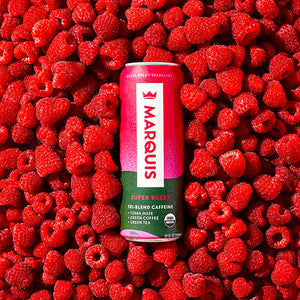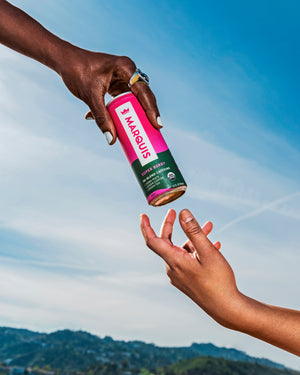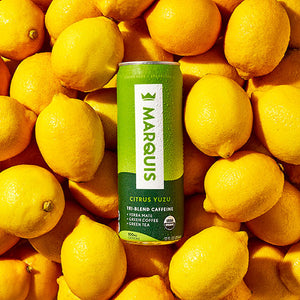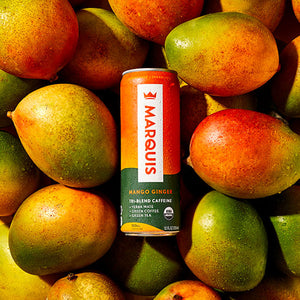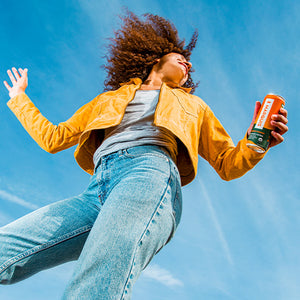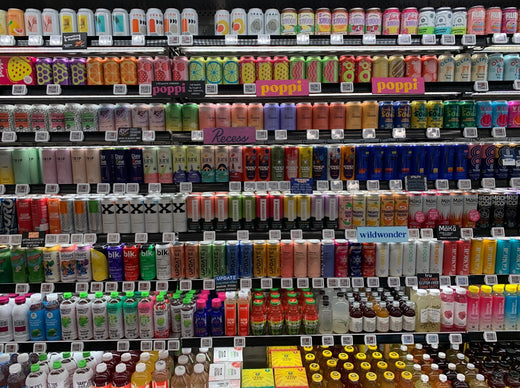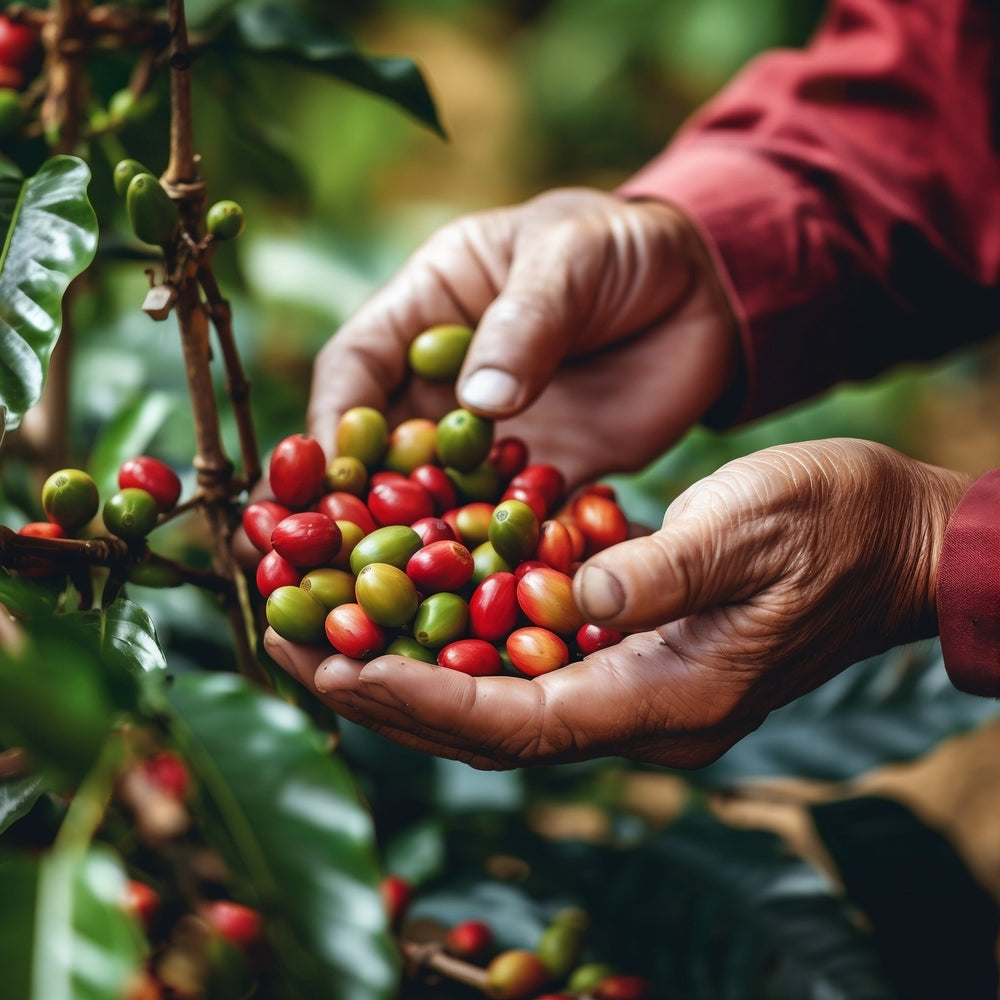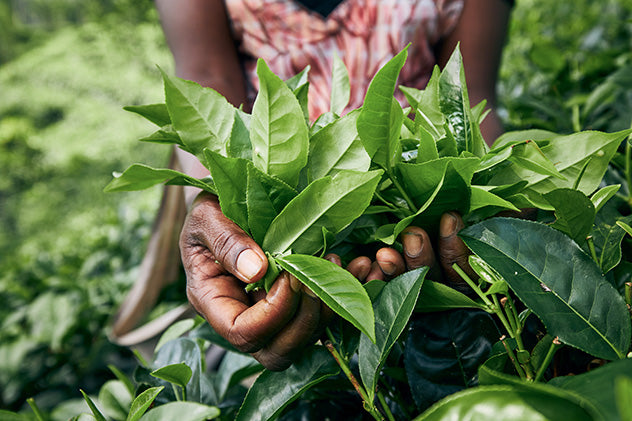
5 min read
By: Danielle Rath, Caffeine Scientist, GreenEyedGuide
Tea is the second most consumed beverage in the world. Yes, water is first. Tea isn’t just a beverage or a source of caffeine, it’s a whole mood. But what happens when you drink green tea? What are the benefits? And how is caffeine from green tea different from other sources of caffeine? If you’re asking these questions, you’ve come to the right place.
What, exactly, is green tea?
All types of tea come from the dried leaves of the Camellia sinensis plant. Green tea is made from unoxidized leaves and is thus one of the least processed types of tea. Black tea, on the other hand, is black because it’s been oxidized. This oxidation process isn’t something that’s bad or harmful, it’s akin to roasting coffee beans. And if you’re wondering, yes, this is why there are green coffee beans and the better-known brown, roasted coffee beans
How is green tea caffeine different from other sources of caffeine?
First of all, there is no difference between caffeine from a natural source (like green tea) and caffeine that’s synthetically made. But here we’re talking about the caffeine molecule, itself. And sure, there are ways to isolate and purify the caffeine from green tea so that the caffeine molecules are the only thing present. However, when caffeine from green tea is used to make, say a Ready-To-Drink beverage like Marquis, then the green tea caffeine doesn’t show up alone. It brings friends to this party.
Picture a beautiful, shiny gemstone. All by itself, the gemstone is like the caffeine molecule. Now imagine the gemstone is mounted on a ring or a necklace pendant. That’s like caffeine from green tea. The gemstone hasn’t changed, and the effect of the gemstone, itself, hasn’t changed. But the gemstone isn’t the whole picture – it’s not the only thing that’s going to affect you.
Second of all, drinking something with caffeine from green tea is NOT the same thing as drinking a pure, hot cup of green tea. The benefits often depend on the dosage and how often you consume it. Some benefits happen instantly, with 100 mg caffeine from green tea. Other benefits happen over time with regular consumption.
In short, the leaves of the Camellia sinensis plant have some pretty amazing chemicals* associated with the benefits we attribute to green tea.
*Since some people cringe when they hear the word “chemicals”, let’s call them “phytonutrients” (where phyto means “plant”, i.e. “plant nutrients”). Better yet, let’s get really nerdy-specific and use the technical term, “polyphenols”.
What are polyphenols (and why do I care about them)?
Polyphenols are substances found in certain plants which are believed to be beneficial to human health and prevent various diseases. Alas, we care about them because they’re the key components in green tea which get all the credit for green tea’s health benefits.
And you may have heard of these polyphenols before, too. Green tea’s most popular polyphenols are called “catechins”. That’s pronounced “cat-uh-kins” but has nothing to do with cats.

If you’ve heard of “EGCG”, that stands for (with dashes to explain acronym) epi-gallo-catechin gallate. EGCG is the major catechin in green tea (meaning it’s 50-80% of the catechins in green tea), but there’s also…actually, don’t bother remembering these since they almost never get talked about anyways.
 [Source: Compound Interest, “The Chemistry of Tea”]
[Source: Compound Interest, “The Chemistry of Tea”]
1 – May Improve Brain Function
Green tea contains caffeine, and caffeine doses of 100 mg can improve cognitive functions. By the way, Marquis has 100 mg of caffeine per can. You’re welcome.
In addition to caffeine, green tea also contains the amino acid L-theanine. L-theanine is believed to work synergistically with caffeine (meaning they work better together than apart). Research suggests the combination of caffeine and L-theanine can improve brain function and mood.
The specifics like what aspects of cognitive function (e.g., speed, memory, task-switching) and the dosages of caffeine + L-theanine aren’t exactly confirmed by scientific consensus. But that’s because everyone handles caffeine a bit differently. And everyone’s brain has different strengths when it comes to cognitive function. (For example, I can task-switch like an octopus but don’t ask me to remember the name of a person I met 5 minutes ago)
TEST YOUR OWN BRAIN BENEFITS:- When you have something with caffeine from green tea (such as Marquis), try to check in with yourself 15 minutes after that first sip.
- How has your mood changed?
- How does your mood or ability to focus feel differently compared to when you have caffeine from a different source?
2 – Increases fat burning
Technically, anything with caffeine boosts metabolic rate and mobilizes fatty acids from fat tissue, making them more available for use as energy. Some studies suggest catechins and caffeine work together better than caffeine, alone. However, results depend on the amounts and ratios of caffeine and EGCG, so results are inconsistent. The results also depend on whether the person drinks caffeine on a regular basis where regular caffeine drinkers see much less of a difference.
The biggest impact on your waistline might not be the drink itself, but how that drink makes you feel. As I said above, tea isn’t just a beverage or a source of caffeine, it’s a whole mood. And thus, when you’re in that mood, how does that affect the other decisions you make?
TEST YOUR OWN FAT BURNING BENEFITS:
- If you feel healthy when you drink something with green tea, does inspire you to go for a short walk rather than another snack?
- When you get coffee, are you more likely to add caloric additions like cream, sugar, whip, or a whole muffin?
- What kind of stress-eating “nervous munchies” do you get when you drink green tea compared to other types of caffeine?
3 – May help reduce the risk of certain types of cancer, cardiovascular disease, and dementia
In countries like Japan where green tea consumption is high, cancer rates tend to be lower. Research has linked green tea with a reduced risk of breast, prostate, and colorectal cancers. An 11-year study involving over 40,000 Japanese participants found those who drink at least 5 cups (4 fl oz) of green tea per day were significantly less likely to die. In particular, death from heart disease was significantly reduced for these green tea lovers.
In test tubes and animal models, green tea seems to lower the risk of dementia. However, humans are complicated. And so are the risk factors for diseases like Alzheimer’s and Parkinson’s. As such, scientists haven’t been able to prove conclusively that green tea reduces risk of these diseases, but there’s enough evidence to suspect there’s a correlation.
Tea’s prevalence (again, it’s the second most consumed beverage in the world) is possibly why it’s so hard to pin-point and scientifically prove all its benefits. In other words, because so many people drink so many cups of green tea, it’s often hard to prove these benefits are because of the tea, and not some other factor.
TEST YOUR OWN HEALTH BENEFITS:
- Aside from drinking green tea, what else can you do to care for your brain? (Learn more about Alzheimer’s prevention here)
- How does green tea help you destress and focus, compared to other sources of caffeine?
Not all caffeine is created equal
Next time you feel like grabbing a caffeinated beverage to get you through the workday, consider a refreshing can of Marquis. Marquis is made with a tri-blend of plant-based caffeine from green tea, green coffee beans, and yerba mate. With 100 mg of caffeine, this is a drink you can feel good about. Remember, green tea is not just a source of caffeine, it’s a whole mood. What are you going to do with it?
